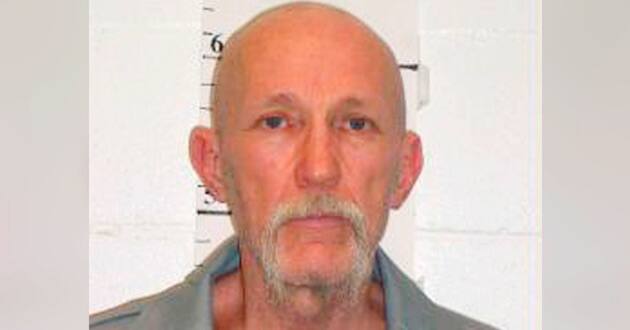Walter Barton on Tuesday night became the first criminal in the nation to be executed during the COVID-19 pandemic. He had been convicted of first-degree murder for the 1991 brutal stabbing death of 81-year-old Gladys Kuehler of Ozark, Missouri.
Kuehler was beaten, sexually assaulted and stabbed more than 50 times in Ozark, just south of Springfield.
COVID-19 concerns have led to other states postponing executions among death-row inmates. The Death Penalty Information Center lists Alabama as carrying out the last execution before the pandemic.
Social distancing measures were taken to protect those involved in the execution, according to the Missouri Department of Corrections. The nine witnesses were divided into three rooms big enough for them to stay 6 feet apart. Everyone who entered the prison were screened, with a temperature check, before being allowed to enter, and everyone was given a face cover and hand sanitizer.
For nearly 30 years, Barton’s case has been working its way through the court system by way of five different trials. His attorneys attempted to have their client’s execution overturned by claiming the man is innocent and is also incompetent to be put to death due to a brain injury. The 8th Circuit Court of Appeals and the U.S. Supreme Court denied Barton’s appeals, and Gov. Mike Parson told reporters Monday that he did not foresee any reason to intervene.
Despite Parson’s comment, death penalty opponents went to Jefferson City to urge the governor to grant clemency to Barton who was 64. A caravan of vehicles drove by the governor’s mansion honking and flashing their vehicle lights. A press release from the organizers said key testimony against Barton came from a jailhouse informant with a long criminal history of crimes of dishonesty such as fraud, bad check writing, forgery, escape and the use of aliases.
The release said the state agreed to drop a pending charge against that witness in exchange for her testimony against Barton.
–Alan Goforth | Metro Voice
